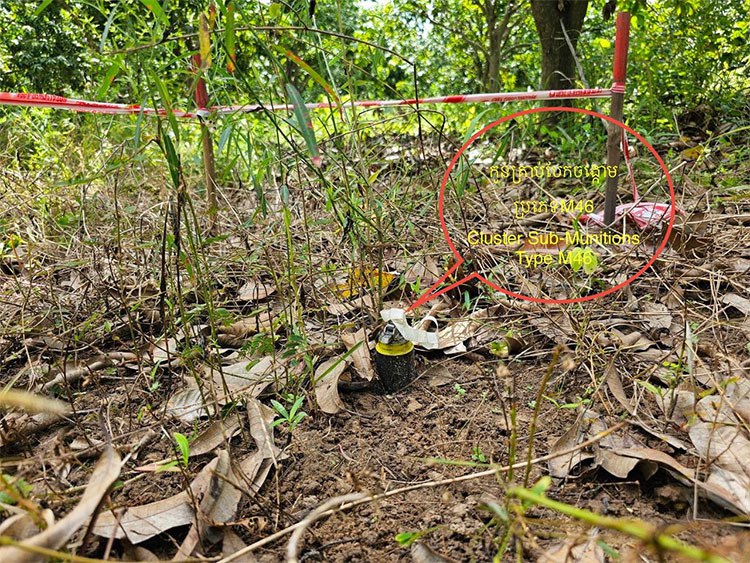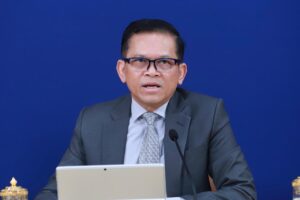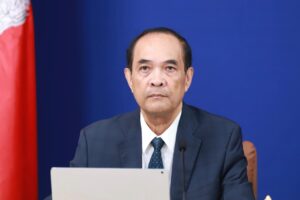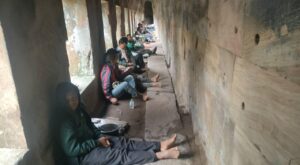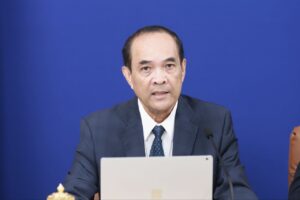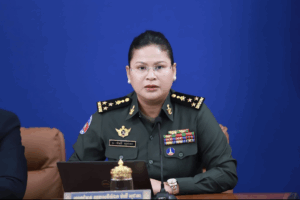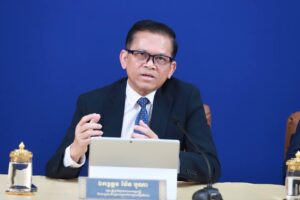Thailand’s Landmine Allegations: Hypocrisy, Provocation, and a Pretext for Aggression
Cambodia rejects once again, in the strongest terms, the unfounded accusations made by the Thai Ministry of Foreign Affairs on 12 August 2025 regarding the alleged use of anti-personnel mines.
These are not statements grounded in fact—they are calculated provocations designed to undermine the fragile peace established under the Extraordinary General Border Committee (GBC) ceasefire agreement of 7 August 2025 and spirit of Ceasefire Agreement on 28 July 2025 in Malaysia.
Cambodia has never planted new anti-personnel mines in the border area. Our nation is one of the most active members of the Ottawa Convention, with a proven track record in mine clearance, survivor assistance, and mine risk education. Since 1993, Cambodian deminers—often working alongside international partners—have removed more than one million landmines and pieces of unexploded ordnance. No country that has suffered as deeply from landmines as Cambodia would willingly inflict the same suffering on others.
The Thai claim ignores an undeniable truth: the border zones between our two countries remain contaminated by mines from decades of conflict involving multiple actors, including Thai military forces themselves. Credible reports from international NGOs have documented Thai mine use even after signing the Ottawa Convention, including incidents along the Cambodian border in 2011. For Thailand to now present itself as a flawless adherent to the treaty while accusing Cambodia of “inhumane” conduct is both hypocritical and misleading.
What is most alarming is that Thailand appears to be weaponizing this landmine narrative to construct a political and military pretext for violating the ceasefire and justifying renewed aggression against Cambodian territory. By portraying itself as a victim of repeated Cambodian “attacks” without impartial verification, Thailand is setting the stage for military escalation. If hostilities resume, it will be because Thailand has chosen to abandon diplomacy in favor of force. Such a path would not only breach the GBC agreement but also place civilian lives, regional stability, and ASEAN unity in grave danger.
Furthermore, Thailand’s actions since the ceasefire—including troop deployments in sensitive areas, the erection of barbed wire barriers in disputed zones, and public declarations by senior Thai officers about “reclaiming” Cambodian land—are not the conduct of a nation committed to peace. They are the deliberate moves of a state manufacturing grievances to justify confrontation.
Cambodia calls on Thailand to halt its inflammatory rhetoric, cease all provocative military activities, and respect the letter and spirit of the ceasefire. The ASEAN Interim Observer Team, as agreed in Kuala Lumpur, must be allowed to investigate any incidents transparently before conclusions are made.
Peace requires more than signatures on paper; it requires good faith and responsible leadership. Cambodia remains committed to dialogue and cooperation. The question now is whether Thailand will choose peace—or drag the region back into the darkness of armed conflict.
Roth Santepheap is a geopolitical analyst based in Phnom Penh. The views expressed are his own.

